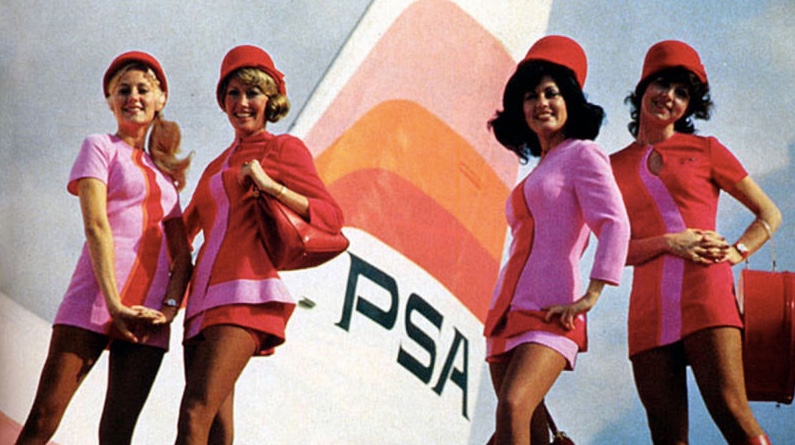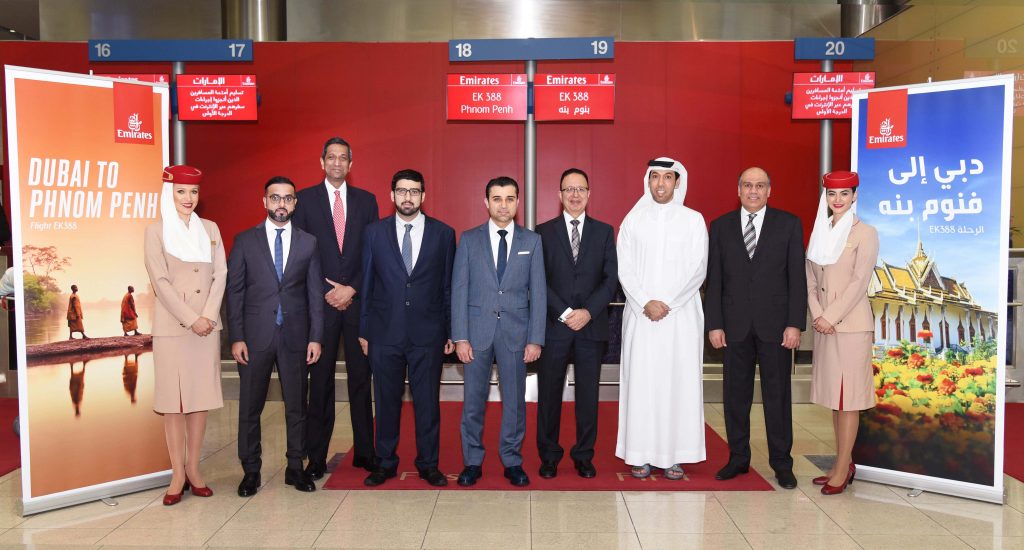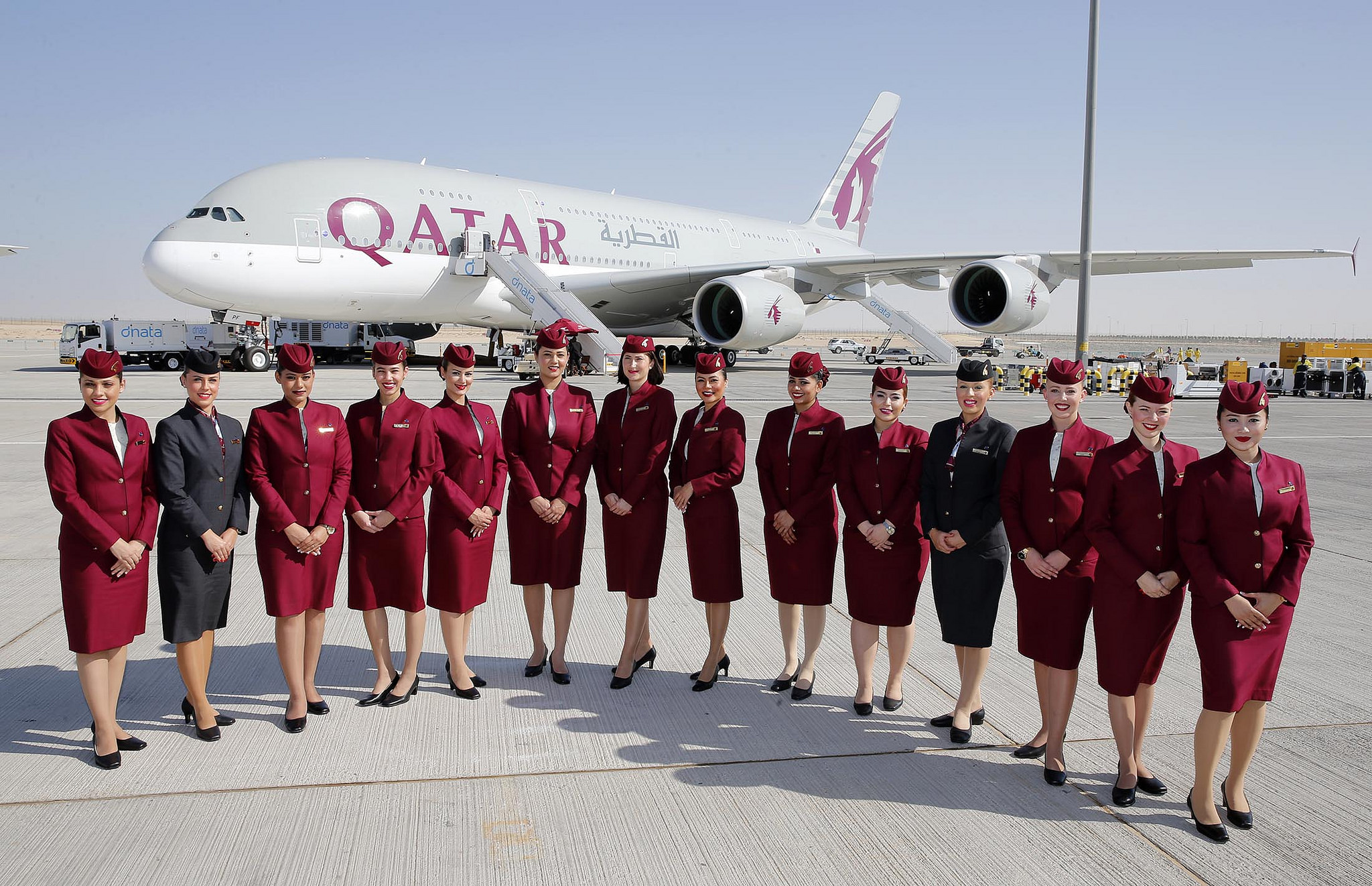Remember last year when Akbar Al Baker, the outspoken chief executive of Qatar Airways seemed to imply that youth was an important pre-requisite for being cabin crew? The comments, made during a press event to celebrate the inaugural Qatar Airways flight from Doha to Dublin, came as Baker was talking about the award-winning service provided by flight attendants at his airline.
“By the way, the average age of my cabin crew is only 26 years, so there is no need for you to travel on this crap American carriers (sic). You know you are always being served by grandmothers at American carriers,” Baker said – apparently unaware of how these comments might be interpreted.
His remarks shone a light on a corporate culture that seemingly endorses and even positively encourages age discrimination. Yet, Qatar Airways is not the only airline in the Gulf region to have recruitment and employment practices that executives should quite frankly be ashamed of.
Harking back to the 1950’s, 60’s and 70’s, the era’s where gender stereotyping and discrimination were rife, many airlines in the Persian Gulf and further afield still insist on holding onto this outdated vision of what a flight attendant should look like – and how they should behave.
Some airlines aren’t remotely embarrassed to publicly state what they are looking for in their cabin crew. Recently, the respective national airlines of Saudi Arabia and Oman – Saudia and Oman Air went on a recruitment drive for new cabin crew. The minimum requirements included:
- Maximum age of 30 years old
- Female’s only
Candidates need to be slim and free of any marks or scars. Air Arabia, a low-cost airline in Sharjah, UAE has similar minimum requirements.
Other airlines, such as Qatar, Emirates and Etihad Airways try not to be so publicly crass – instead, they silently reject candidates who are “too old” or don’t meet the strict size and shape requirements (by the way, the maximum age for Emirates is currently understood to be 30 years old although the airline refuses to acknowledge this).
At Qatar Airways, female candidates are examined to make sure their skin is smooth and free of any scars or tiny imperfections. Meanwhile, Emirates weigh their new cabin crew on arrival in Dubai. Those deemed to be overweight are banned from flying until they meet the airline’s strict corporate look.
Of course, these airlines are, to a large extent, just playing to deep-rooted stereotypes that have been drilled into us over generations. Let’s not forget, it was airlines like Texas-based Southwest which pioneered the use of scantily clad female flight attendants as a marketing tool.

Other airlines like now-defunct Braniff Air, showcased its “girls” using high-fashion uniforms that left little to the imagination. We were brought up to believe that flight attendants should be young, slim, female and glamorous. A marketing trick that has taken years to reverse.
Sara Nelson, the Association of Flight Attendants international president explains:
“The Association of Flight Attendants was formed over 70 years ago to fight sexism and misogyny on the job. We beat back discrimination against women and even fought hard for men to have the same rights as women to call this a career.”
“We are safety professionals who have been at the forefront of advocating for passenger safety. It was decades of cabin crew experience that resulted in every life saved before US Airways 1549 sunk into the Hudson.”
But while flight attendants have fought hard to create a fair and equitable working environment in the U.S., as well as Europe and elsewhere, the same can’t be said for airlines in other regions – notably in the Middle East.
But why are we calling out the likes of Emirates, Qatar and Etihad Airways – as well as other airlines that include Saudia, Oman Air, flydubai and Air Arabia? The reason is simple – many of these airlines were created and are now led by European businessmen (and yes, they are mostly men).
They are taking advantage of our ingrained bias to favour young, female flight attendants in order to sell tickets and get glowing reviews. They even have special promotion teams – made up exclusively of hand-picked female cabin crew who attend corporate functions. The idea is to appeal to the mainly middle-aged male contingents who attend these shindigs.
But as more and more organisations wake up to the fact that this is simply unacceptable, Middle East airlines are perpetuating the stereotypes that so many professional flight attendants and activists have fought to end.
“Anyone who believes in equal rights, human rights and public safety should boycott the airlines practising these sexist, ageist, disgusting policies that treat women and many men as chattel,” comments Nelson.

“Global competition is good as long as the playing field is equal and respectful of everyone travelling. This is serious. Celebrities who use their faces to prop up these airlines will know their #TimesUp. We must all have zero tolerance for this hateful nonsense or it will quickly creep to every corner of the earth.”
“We call on every traveller to say #MeToo in standing up for equality and make the commitment “Not on our watch!”
Senior airline executives have the power to change things. To do the right thing and stop these misogynist labour practices.
Men like Sir Tim Clark, the president of Emirates who received a Knighthood in 2014 for his services to aviation shouldn’t just be happy to receive accolades from his home country. Instead, he should be actively promoting employment best practices – fighting for equality rather than presiding over inequality and discrimination.
There’s nothing wrong with young women wanting to become flight attendants – and they should be given just as much chance as anyone else. But we need to stop this assumption that beauty and youth equate to good service. Cabin crew should be chosen on their experience, enthusiasm and skills.
And of course, this isn’t a problem that is solely present in the Gulf. Flight attendants shouldn’t be judged on their looks and they shouldnt be chosen on how likely they are to please the eye of a high-paying premium passenger. The discrimination has to stop.




